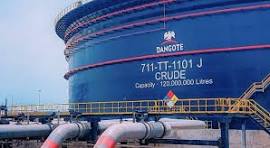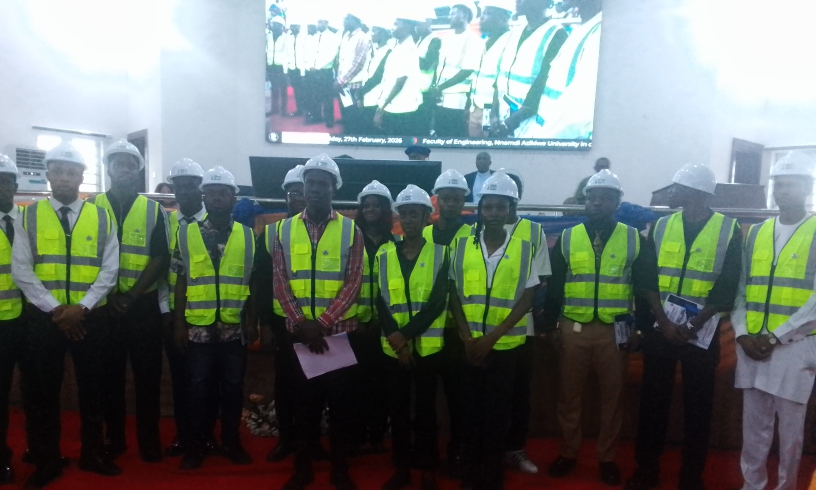The Natural Oil & Gas Suppliers Association of Nigeria (NOGASA) has raised concerns over the recent plan by Dangote Refinery to supply petroleum products directly to end users.
According to NOGASA’s President, Benneth Korie, bypassing the traditional distribution chain could significantly disrupt the oil and gas industry.
It will also put thousands of jobs at risk and jeopardizing the existing business models of suppliers nationwide.
The Dangote Refinery had announced plans to begin direct supply of petroleum products to end users effective August 15, 2025.
The refinery disclosed this on June 15, 2025, revealing that it would deploy 4,000 new Compressed Natural Gas (CNG)-powered tankers for nationwide distribution of Premium Motor Spirit (PMS) and diesel directly to marketers, petrol dealers, manufacturers, telecom firms, aviation companies, and other large consumers, bypassing traditional depots and intermediaries.
Korie described Dangote’s decision to supply products directly to large organizations, such as telecommunications giants and hotels, as a notable shift in the sector.
“Members of NOGASA are suppliers of petroleum products. By so doing, a lot of jobs are at stake.
“We are kicking against this new way of supplying products to end users,” Korie stated.
“The redundancy of trucks, drivers, and other logistical staff looms as a direct result of the bypassed supply chain.
The association anticipated that this would have a ripple effect not just on livelihoods of its members, but on the Nigerian economy.
“It will remove jobs from a lot of them and some of our staff will be redundant, some of our trucks will be redundant,” Korie warned.
He said NOGASA has scheduled a general meeting on July 31 in Abuja where they will develop a unified strategy to address the issue.
This include the possibility of downing tools and direct engagement with Dangote to seek a resolution.
The association seeks a distribution structure where Dangote supplies products to its members, who will then sell to the end users.
NOGASA insists that bypassing the traditional distribution mechanism is “not healthy for the oil and gas industry” and poses risks to its stability.
The association is calling on all stakeholders to recognize the vital role that suppliers play—not only in logistics but also in maintaining a balanced industry ecosystem.




